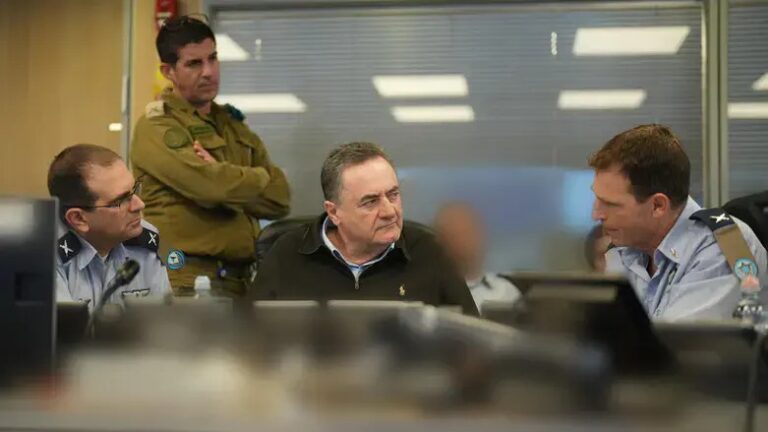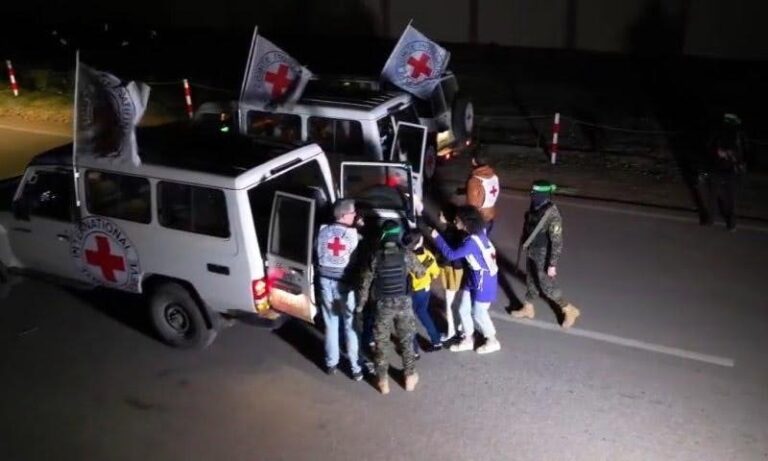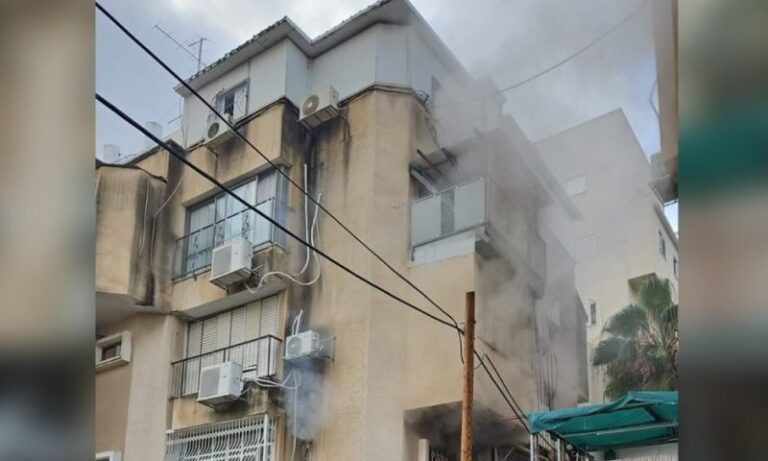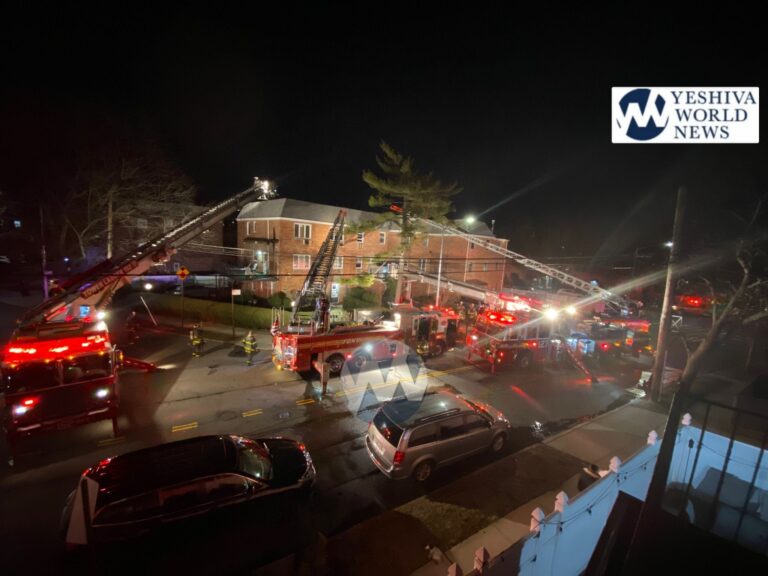 We stopped eating, took off our shoes, and sat on the ground. In shul everything was bare. There weren’t any tablecloths on the tables, and there was barely enough light. We read Eicha in some sort of dirge like but beautiful melody. We read a few Kinos.
We stopped eating, took off our shoes, and sat on the ground. In shul everything was bare. There weren’t any tablecloths on the tables, and there was barely enough light. We read Eicha in some sort of dirge like but beautiful melody. We read a few Kinos.
This morning we awoke to the same scene. Not only that, but this morning we did not dawn our Taalis or Tefillin; we even skipped parts of davening. We again found ourselves saying Kinos, but this time for a good many hours.
Suddenly as Chatzos passes things start to change. We satnd up brush ourselves off and sit down on a regular chair. We return the Paroches (Veil of the Aron Kodesh) to its place. We then put on our Taalis and Tefillin, daven Mincha as we do on a regular Taanis, and we make up for what we skipped in the morning service.
Tisha b’Av is dramatically depressing, but things change swiftly – as we know that next week we will find ourselves in the festivities of Shabbos Nachamu.
What is this contrast that is being developed at this time of year?
Perhaps we best ask another question in order to properly answer the aforementioned question. What is it that we are mourning for on Tisha b’Av?
Every child knows that we are mourning over the destruction of the Batei Mikdash. Everyone who reads the Kinos understands that we are mourning all the tragedies that have befallen Am-Yisroel throughout the Gallus. It can be said most correctly that we are mourning the Galus that we are still in.
While every child knows that we are mourning the Churban Batei Hamikdash every adult knows that we do so every year without expecting any change. Being good observant Jews we sometimes don’t let rational get mixed into our religiosity, but from a rational point of view why on earth do you mourn every year for something you don’t expect to change?
We have all come to terms with the fact that we live in a scary world. We know our world is far from being a utopia. Instead of trying to turn our world perfect we accept our world as is and try our best to live as good a life as possible given the circumstances.
If we accept our lives as is then there truly is no need to mourn anew every year. To moan every year over the same sad episodes in Jewish history only makes sense if we are accomplishing something. Theoretically if the world was perfect the Beis Hamikdash would never have been destroyed. We mourn every year on Tisha b’Av because we recognize that the world isn’t perfect, but that it could be.
The main point of Tisha b’Av is Shabbos Nachamu. Klal-Yisroel should be comforted by the fact that the world could be perfect. The only way for us to come to terms with this is by mourning and bemoaning the lack of perfection in our world. Something is only not perfect if it could still be better.
Chazal tell us that whoever mourns Yerushalayim will merit seeing its reconstruction. Maybe Chazal are simply telling us that if we mourn the imperfection we will merit to see Utopia with the binyan Beis Olamim.
A meaningful fast, Rabbi Y. Dov Krakowski










